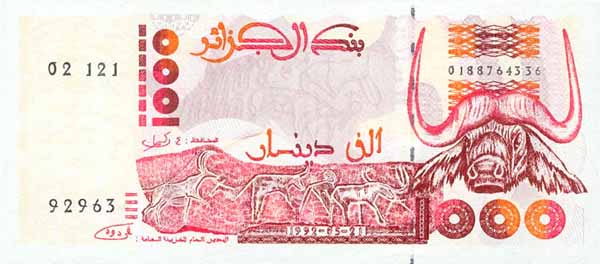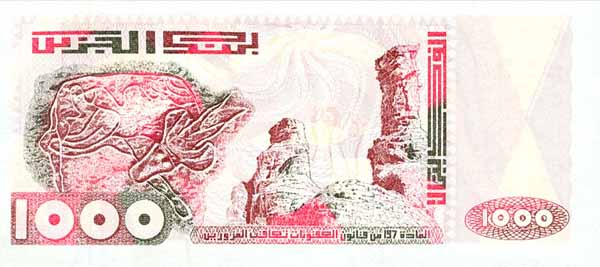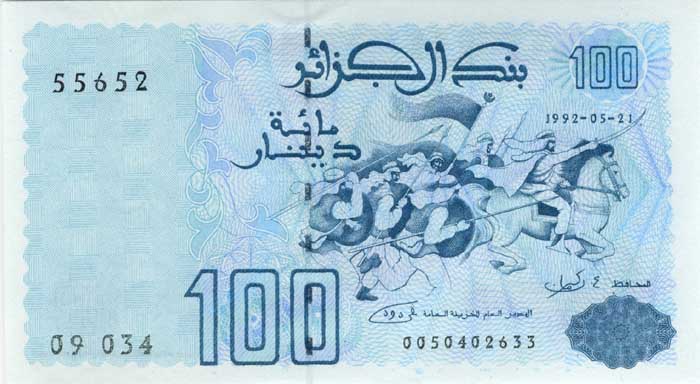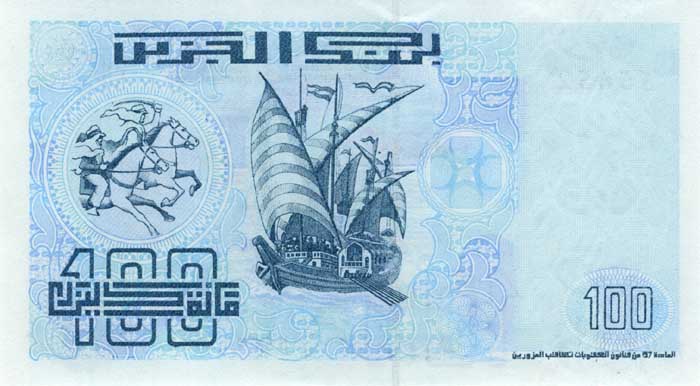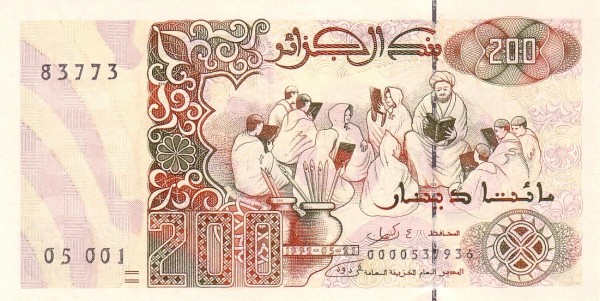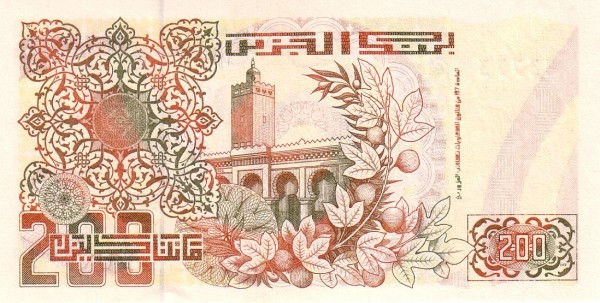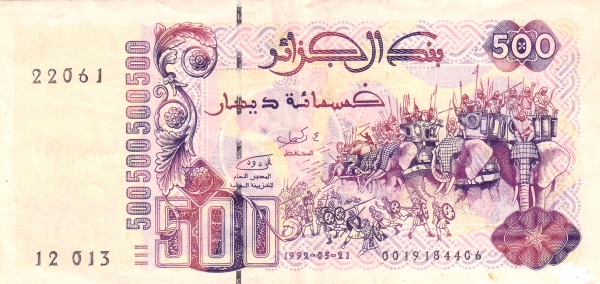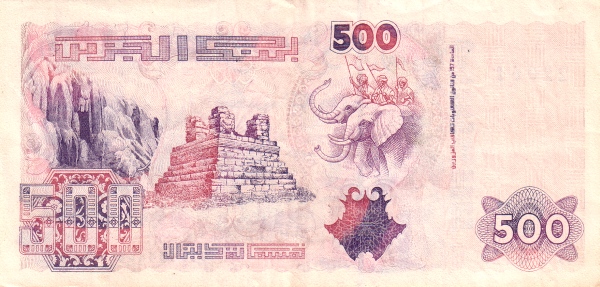Introduction to Algeria
Located in North Africa, Algeria stands as the largest country in the Maghreb and is a country rich in history and culture. Bordered by the Mediterranean Sea to the north, it shares land borders with various nations, including Tunisia to the northeast, Libya to the east, and Morocco to the west. Moreover, Algeria connects with Western Sahara, Mauritania, Mali to the southwest, and Niger to the southeast. Notably, the nation also has maritime boundaries with Italy and Spain, making it strategically significant in the region.
Since the partition of Sudan, Algeria proudly holds the title of the largest nation in Africa. It spans an impressive area of nearly 2.4 million km², which translates to approximately four times the size of France or about 3.5 times the size of the U.S. state of Texas. This vast expanse offers a diverse landscape, with the Tell Atlas mountain range acting as a natural divider between the narrow coastal plains and the expansive southern desert. Astonishingly, more than 80% of this beautiful country lies within the western section of the Sahara, which is the largest hot desert globally.
Demographics of Algeria
As of 2024, Algeria boasts a population of nearly 47 million individuals. A staggering 90% of the populace resides in the northern coastal region, highlighting the significance of this area for both culture and economy. Algiers, the capital city, is also the largest metropolitan area, stunningly situated along the coast. As the primate city, it plays a crucial role in the nation’s identity.
Arabic serves as the official language of Algeria, while French maintains a crucial role in education, commerce, and as a lingua franca across various sectors. Additionally, Tamazight, the indigenous language of the Berber people, has gained constitutional recognition as a national language. Islam, recognized as the state religion, is practiced by the majority of Algerians, predominantly Sunni Muslims, both Arabs and Amazigh, shaping the cultural fabric of Algeria.
A Historical Overview of Algeria
The rich history of Algeria intertwines with the narrative of its indigenous Berber people, who have faced foreign subjugation for more than 3000 years. The Phoenicians, arriving around 1000 BC, and much later the Romans in 200 BC, marked significant eras of external rule. The Islamic wave swept through the region between the 7th and 8th centuries, bringing Islamic doctrine to the Berber populace. This period signified nearly a millennium of domination under various Arab dynasties.
Fast forward to the early 16th century, Algeria found itself under the protective sphere of the Ottoman Sultan based in Istanbul. Spanning over three centuries, this era saw Ottoman beys, pashas, and aghas wielding authority over Algeria. However, the Ottoman period came to an end with the advent of French colonization in 1830, leading the country into a new and challenging chapter in its history.
French occupation proved detrimental for the Algerian population, subjecting them to economic, social, and political disparities. This harsh treatment ignited decades of armed resistance, reflecting a fierce determination among Algerians to reclaim their dignity. Following a grueling century of French rule, Algeria finally attained independence in 1962. This pivotal moment saw Arabic elevated as the official language, significantly influenced by Quranic educators hailing from Egypt and Saudi Arabia.
Since gaining independence, a political elite, often referred to as "le pouvoir" (the power), has managed Algeria, maintaining a stronghold over the nation's governance under the guise of democratic principles. Their influence continues to shape the political landscape today.
Current Political Landscape in Algeria
According to the constitution established in 1996, Algeria operates as a semi-presidential republic. The political structure mandates that the head of state, elected by public vote every five years, oversees the administration. The president possesses the authority to appoint and dismiss the prime minister, who operates solely under the president’s purview as the executive branch's head.
In April 2019, Algeria witnessed a monumental shift as President Abd al-Aziz Bouteflika, who had presided over the nation for two decades, resigned in the wake of widespread protests against his bid for re-election. This event marked a significant turning point in Algerian politics, as it reflected the citizens' desire for change and reform. Following this historic moment, Abdelmadjid Tebboune emerged as Algeria’s new president by December 2019, ushering in a new phase for the nation.
Culture and Society
Algeria's society reflects an enchanting blend of its Arab and Berber heritage. Traditional music, such as Raï, resonates throughout the country, representing the voices and experiences of its people. The cuisine also embodies a rich tapestry of flavors, with dishes like couscous and tajine showcasing the diverse culinary influences stemming from Algeria's historical interactions.
Moreover, Algeria's landscape offers stunning contrasts, from its Mediterranean coastline to the sweeping dunes of the Sahara. This natural beauty attracts adventurers and nature enthusiasts alike, eager to explore sites like the Tassili n'Ajjer, known for its prehistoric rock art, and the Sahara's mesmerizing oases.
Conclusion
In summary, Algeria stands as a fascinating nation steeped in history, cultural richness, and natural splendor. The enduring spirit of its people, coupled with their resilience through centuries of foreign rule, shines brightly today. Indeed, Algeria continues to captivate the world with its unique blend of tradition and modernity, making it a remarkable destination for those seeking to understand the pulse of North Africa.
Largest cities of: Algeria
| City Name | Population | Year of foundation | |
| Algiers | 1,977,664 | 944 B | |
| Oran | 803,329 | 903 | |
| Constantine | 477,000 | 330 | |
| Annaba | 250,000 | 1833 | |
| Blida | 191,000 | 1840 | |
| Batna | 179,000 | 1844 | |
| Setif | 154,000 | 88 B | |
| Sidi Bel Abbès | 120,000 | 1843 |
Algeria: Money
